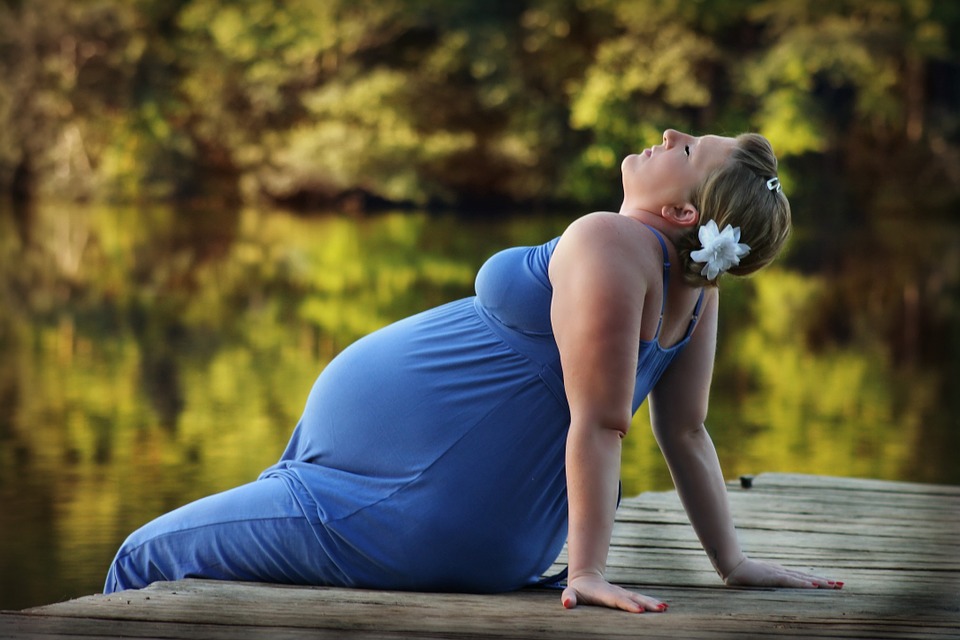Children exposed in utero to caffeine have a lower birth weight, according to a Swedish study published in the journal BMC Medicine. Several studies have already been carried out on the possible impact of caffeine on the future baby, without reaching a consensus.
A major pitfall of this kind of work is the fact that coffee consumption is more frequent among smokers; but tobacco is itself linked to an increased risk of prematurity and low birth weight, which contribute to subsequent health problems.
A risk of low birth weight?
Verena Sengpiel from the Sahlgrenska University Hospital in Gothenburg and her colleagues managed to lift this methodological obstacle, thanks to the size of their study (nearly 60,000 women), which enabled them to separate the consumption of coffee from that of cigarettes.
Apart from this, the researchers show that caffeine carries a risk of low birth weight. By leaving aside the smokers, any daily increase of 100 milligrams of caffeine – the equivalent of about two cups of filter coffee or an espresso – reduces the weight of the newborn from 12 to 18 grams.

Although modest, this deviation from the norm is observed throughout pregnancy: pregnant women exceeding the recommendations (more than 200 mg of caffeine per day) are up to 62% more likely to carry a small child.
“Until we are certain of the causal relationship between caffeine intake and the risk of small size for gestational age, pregnant women should be advised to reduce their consumption as much as possible,” the researchers recommend. At 200 mg caffeine daily, the thresholds currently recommended during pregnancy are probably still too high, they add.
Is the general idea wrong?
Especially as 10.8% of the women included in the study exceeded 200 mg daily caffeine. The researchers found no impact on the risk of prematurity. The only observed effect is a slightly longer pregnancy (of the order of a few hours) in women consuming a lot of coffee, regardless of caffeine.
A result that suggests the effect of other components of coffee on pregnancy, but without major consequences on the health of the child. Though it is not advised during pregnancy, coffee may have some benefits for adults.

Contrary to the general idea, a large American study published in 2012 linked it to a lower risk of mortality, especially cardiovascular. Again, the effect is only observed after smoking has been taken into account; and caffeine has nothing to do with the same effect being raised with decaffeinated coffee.
